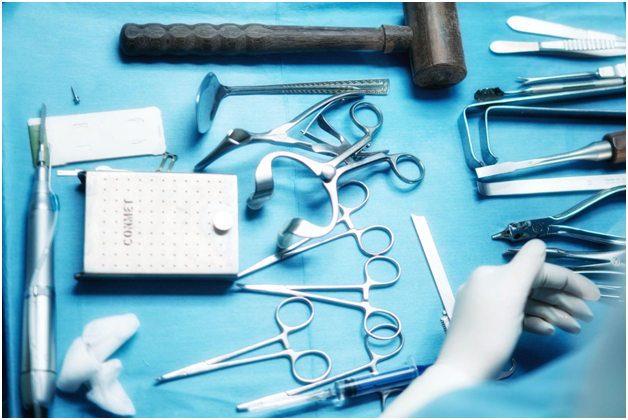Hernia mesh lawsuits persist as a prominent issue within medical product liability. These legal proceedings target hernia mesh manufacturers, filed by individuals who suffered severe complications following the failure of their mesh implants. As we progress through the 2020s, the dynamics of these cases continue to shift, underscoring the enduring significance and implications of these lawsuits
A One notable development is the ongoing rescheduling of the bellwether trials, with the third trial, Stinson v. C.R. Bard, being repeatedly postponed and now anticipated to commence in late 2023. The request for delay came from the defendant, C.R. Bard, and was granted by the Multi-District Litigation (MDL) judge, underscoring the intricate and often lengthy nature of these legal proceedings.
Numerous manufacturers, including C.R. Bard, Ethicon, Covidien, and Atrium, are contending with thousands of hernia mesh lawsuits. While some manufacturers have reached confidential settlements, a significant number of active cases remain within the MDLs, indicating the likelihood of further trials and settlements.
At the core of these legal actions lie allegations concerning defective product design, inadequate product labeling, and substandard manufacturing practices related to hernia mesh devices. Some cases also implicate medical malpractice. Plaintiffs assert that these devices have led to severe injuries necessitating additional surgeries. Reported complications include adhesion, chronic pain, bowel obstruction, infection, mesh failure, migration of the mesh, organ or tissue perforation, seromas, hernia recurrence, and the need for revision surgery
The outcomes of forthcoming bellwether trials, notably the Stinson v. C.R. Bard trial, may significantly shape the course of these lawsuits. Previous trials have produced varied results, with an initial defense victory succeeded by a more modest settlement in the second trial. However, a notable $4.8 million verdict in a Rhode Island state case against a subsidiary of C.R. Bard could potentially influence negotiations toward a more comprehensive resolution.
In summary, hernia mesh lawsuits constitute a significant aspect of medical product liability. Legal practitioners and investors should closely monitor the progress and outcomes of bellwether trials and related developments. These factors could profoundly impact the strategic direction of these lawsuits and the financial responsibilities of the implicated manufacturers. The potential for resolution, whether through settlements or verdicts, remains considerable, underscoring the ongoing relevance and implications of hernia mesh litigation in the foreseeable future.





